Petshop is a project by Waag that reframes microorganisms as household pets with the intention of making biotechnology more accessible to the public. My role within this project included designing the visual identity, working events, and developing the quirky writing for the web shop and printed brochures. In 2015, the project secured a place at Dutch Design Week and won the Museum Night N8 award for the best program. Since its inception, the project has continued through several pop-up events such as the Red Light Petshop and the Petshop Food Bar.
Our award-winning Museum Night entry for 2015, Late night Pet Shop, via Waag

The Petshop at Dutch Design Week 2015 via Waag
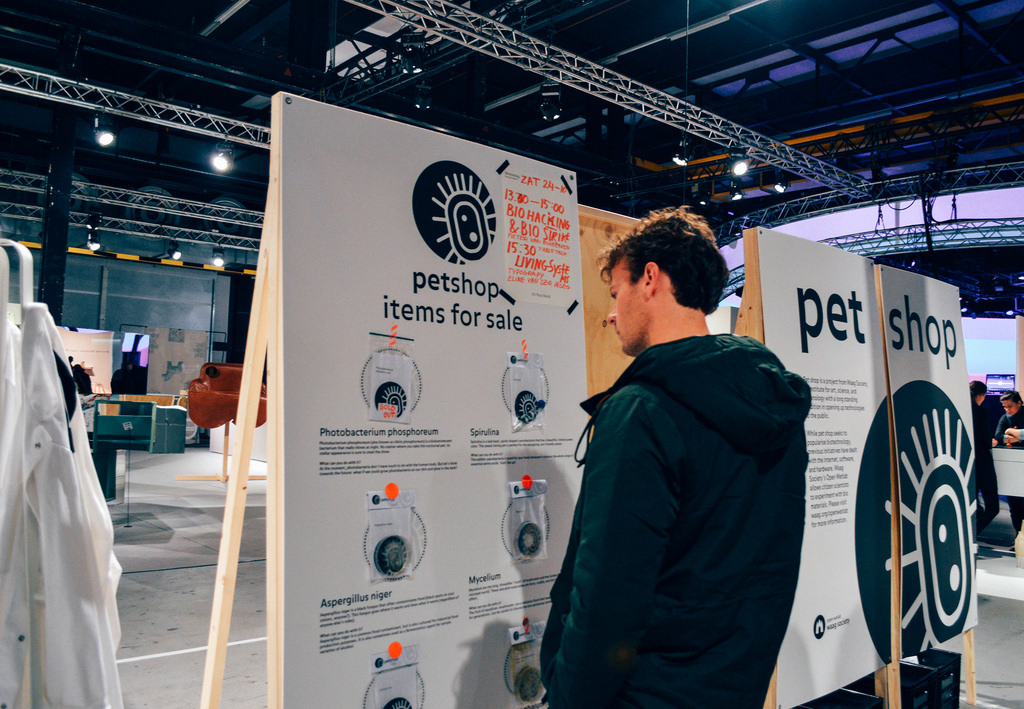
The Petshop at Dutch Design Week 2015 via Waag
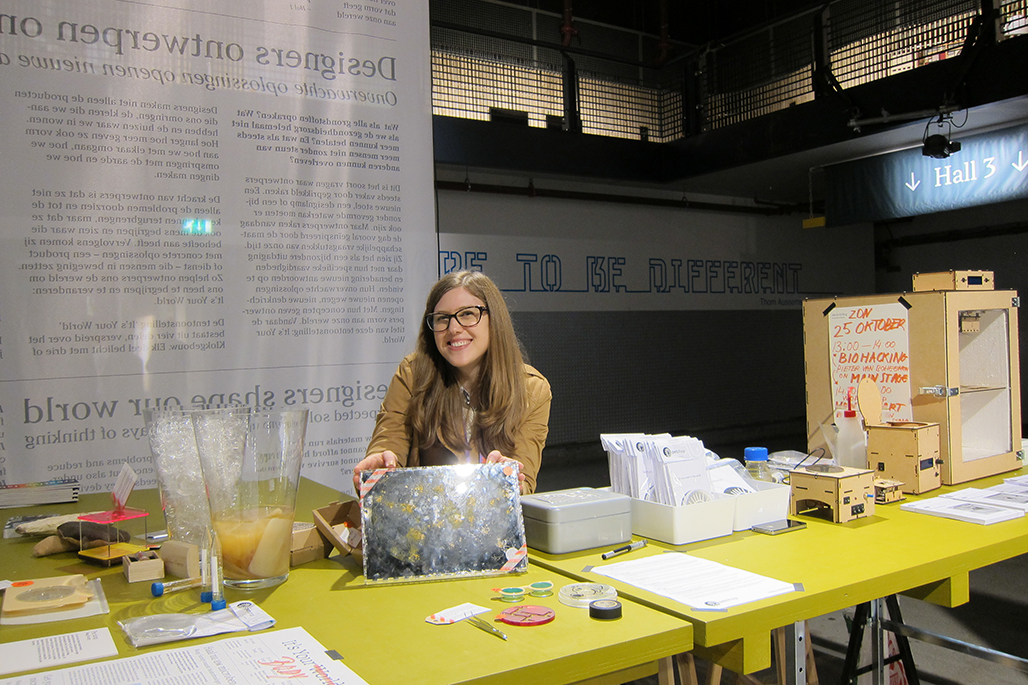
Me being excited about a slime mold while working the Petshop at Dutch Design Week 2015.
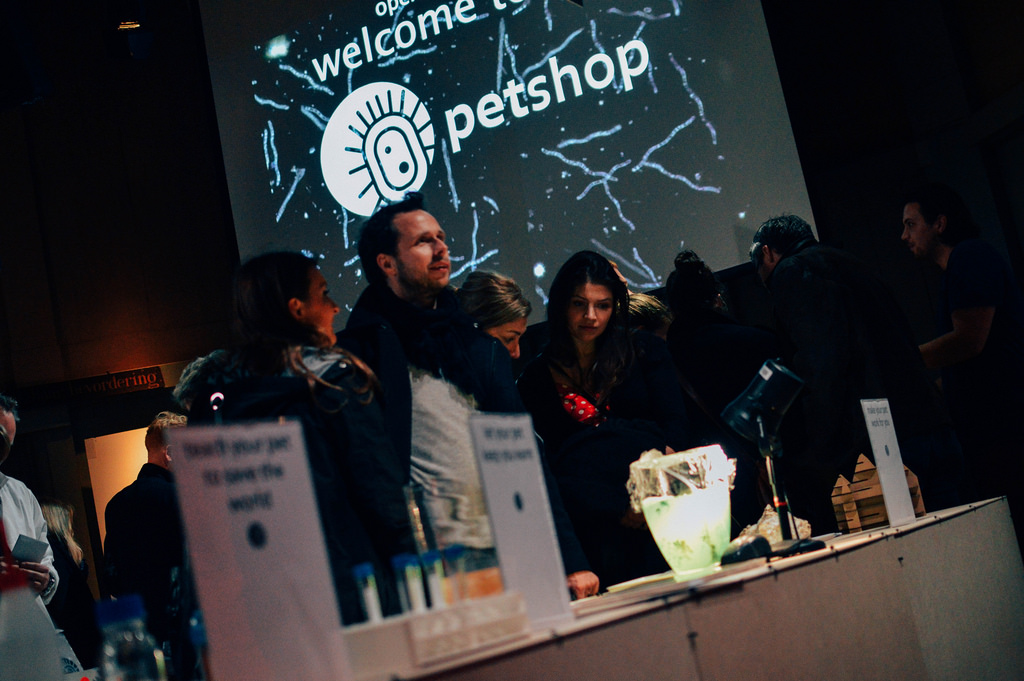
The Petshop at Museum N8 2015 via Waag
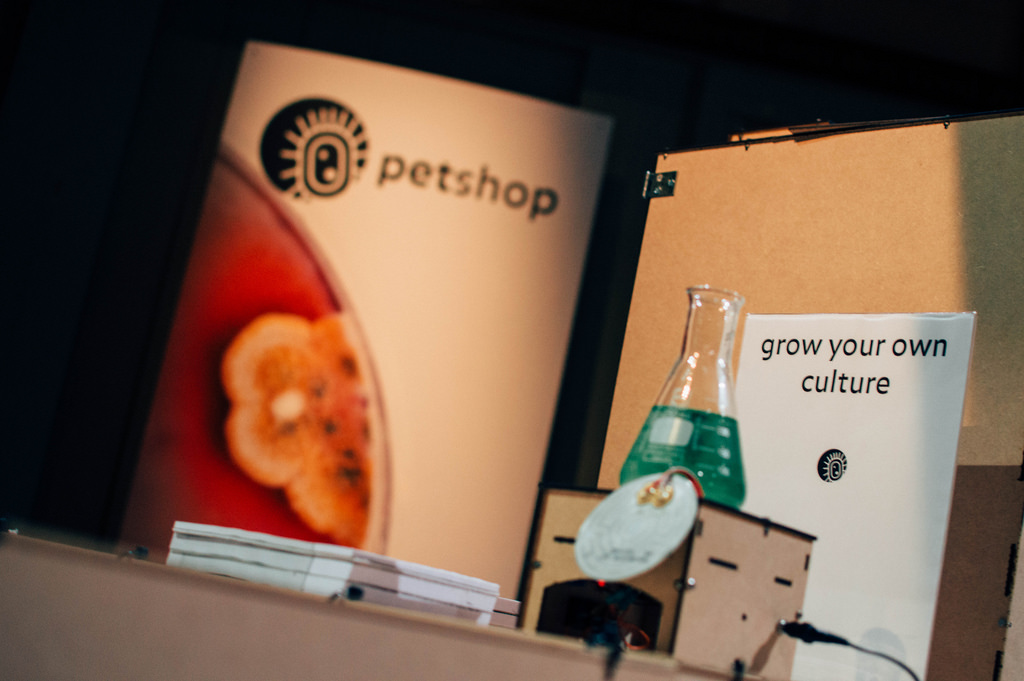
The Petshop at Museum N8 2015 via Waag
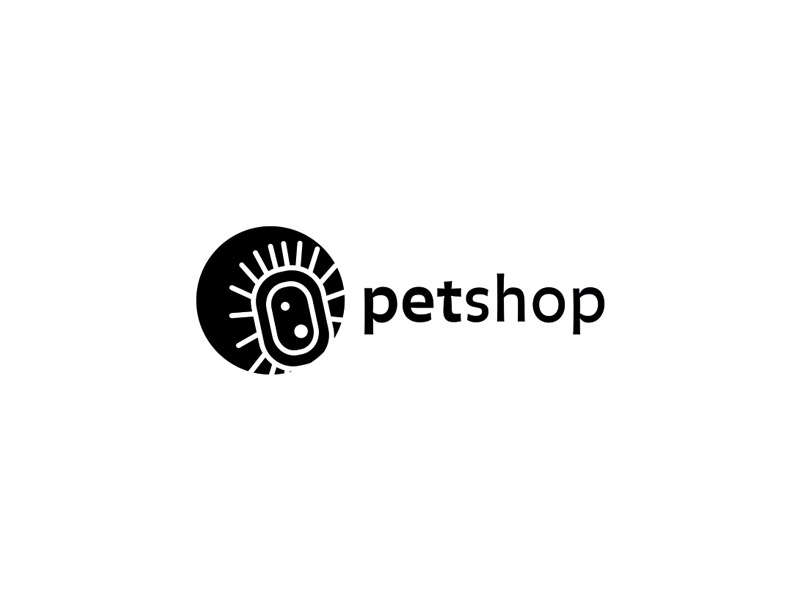
The Petshop logo
Samples of Laurie's copywriting
The following are samples of copywriting that appeared in the information booklets accompanying the "pets" we sold.
Mycelium
Yeah, yeah, yeah. Goldfish are fine, but we all know the best pets have fur. If you just don't get the appeal of bacteria, you might try something friendlier and fluffier: fungus! Mycelium (the long, threadlike “roots” of mushrooms) are the Golden Retrievers of the micropet world. These adorable eukaryotes are furry, cuddly, and don't require that much effort. Of course, a moderate amount of “exercise” is necessary to keep your mycelium happy. But if you're not a jogger, don't worry! Most enjoy spreading out their cellular networks and exploring their home on their own. So, if you're someone who enjoys an evening curled up on the couch with a book and a furry friend, mycelium could be the pet for you.
CARE: Mycelium isn't fussy. It can grow in almost any substrate (from topsoil to coffee grounds) as long as it's kept in a wet environment and stays warm (maintains a temperature of around 25ºC). On our medium list, you'll find a recipe to make the perfect mycelium environment in a petri dish with mal agar.
Spirulina
Hey there, Hester Healthfood and Victor Vegan. Want a hippie-dippie pet without a big carbon footprint? Peace-loving spirulina is perfect for the easygoing, eco-friendly owner. This edible cyanobacteria is well known in the health community for its impressive nutritional profile. And, because it contains the whole range of essential amino acids, it's a good way to reduce the consumption of animal-based protein. This spiral-shaped cyanobacteria has a beautiful, intense green color that makes for an attractive addition to any home. And it's low maintenance, too! Just provide it with access to sun and fresh air, and you'll have a happy, healthy pet.
CARE: Spirulina is a gentle creature that doesn't mix well with other, more aggressive pets. It grows in an alkaline medium that inhibits the growth of other microorganisms (check our medium list so you can make it feel at home). Its laid back nature means that it grows best at room temperature (with a minimum of 20ºC and a maximum of around 35ºC ).